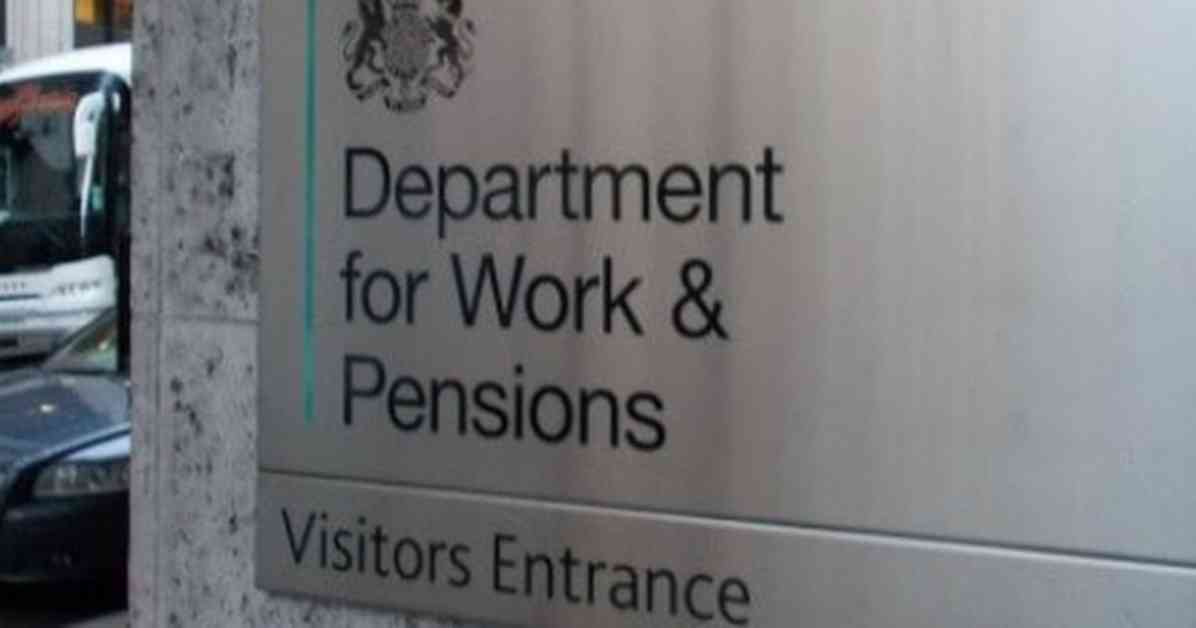Dozens of disabled individuals are struggling to secure and maintain employment due to obstacles they face, even if they possess all the necessary skills and qualifications for their dream job. The Access to Work government initiative aims to support disabled individuals by providing funding for workplace adaptations, equipment, support workers, and other accommodations they may need. However, the scheme is currently overwhelmed with a backlog of applications, resulting in delays of over six months for disabled workers.
As a result of these delays, disabled individuals are experiencing lost work opportunities, rescinded job offers, and a decline in confidence. Labour’s Alison McGovern recently revealed that there are 55,500 outstanding applications for the scheme, indicating the scale of the issue. The RNIB has been advocating for improvements to the Access to Work scheme for years, as they are concerned that many individuals are at risk of leaving the workplace without the necessary support.
Roisin Jacklin, a policy officer at RNIB, shared stories of individuals reaching out for help after facing challenges at work or not passing probation due to the lack of promised accommodations. These delays not only impact their ability to perform their job roles but also have a negative effect on their self-esteem and mental well-being. Jacklin highlighted a case of a young professional struggling in their first job post-university without the support they were entitled to, which significantly impacted their confidence.
It is crucial for the government to address the backlog in the Access to Work scheme to ensure that disabled individuals can access the support they need to thrive in the workplace. The delays are not only affecting individuals’ employment opportunities but also their overall well-being. By prioritizing and streamlining the application process, more disabled individuals can receive the necessary accommodations to succeed in their careers.



























